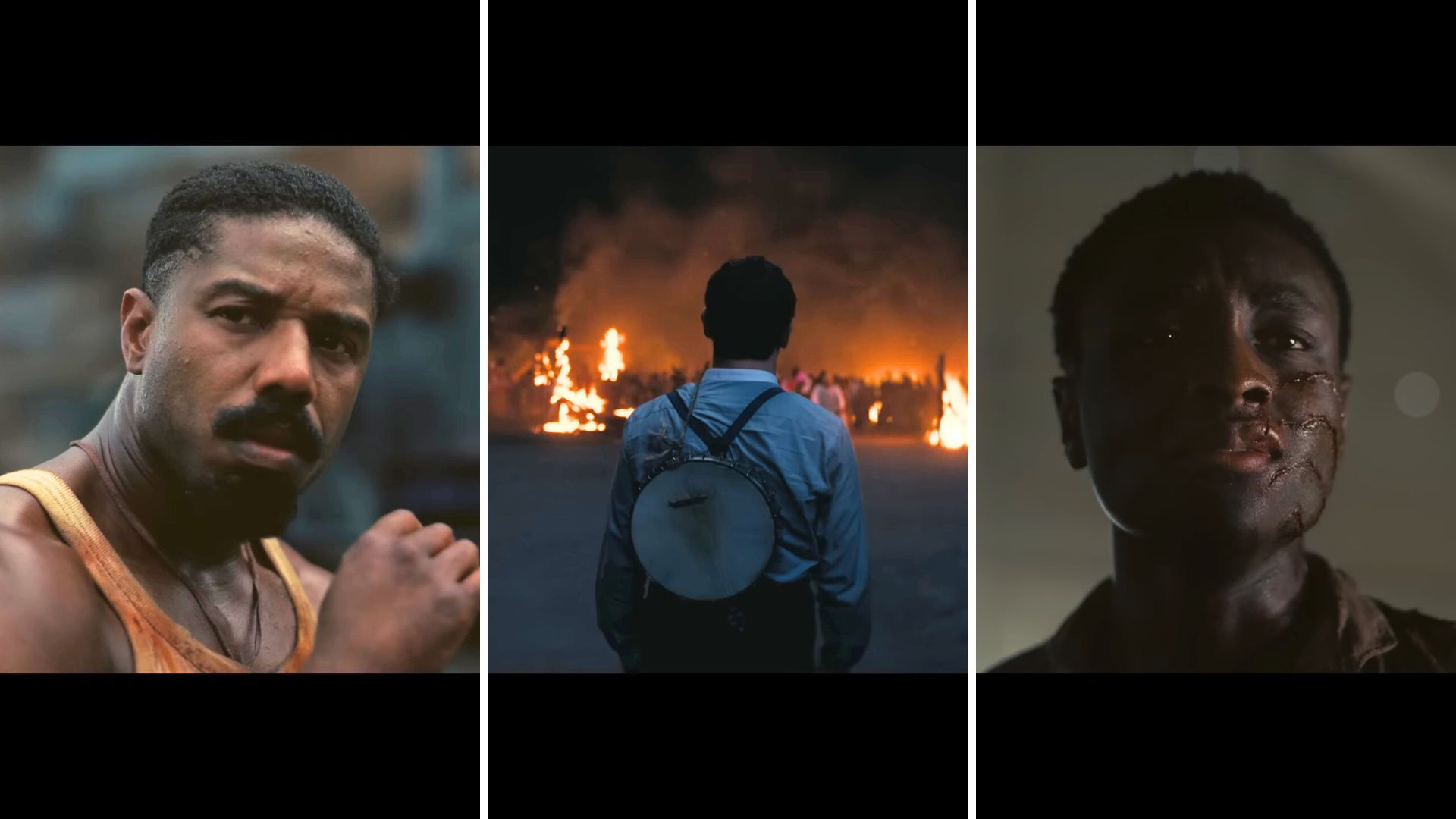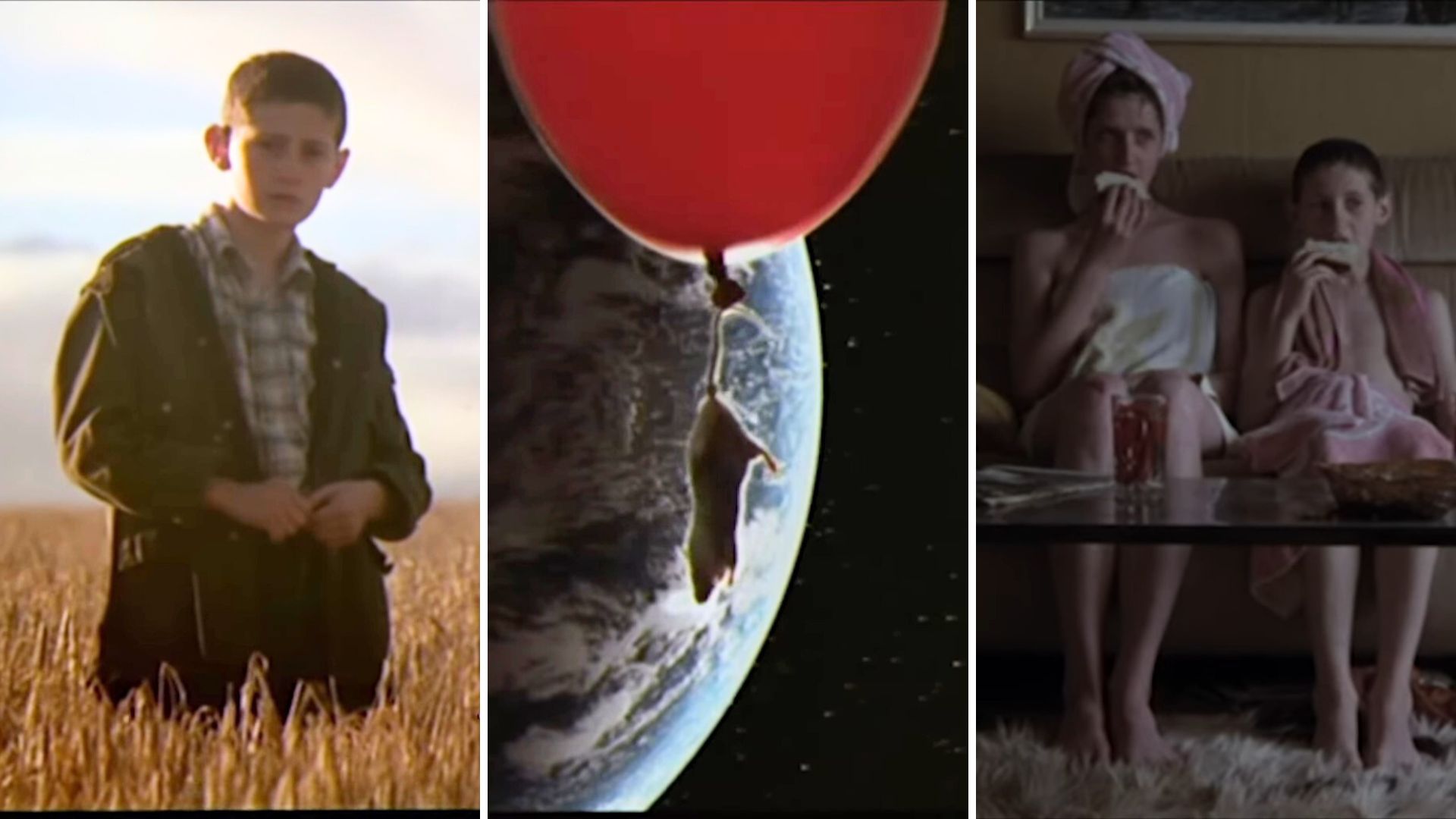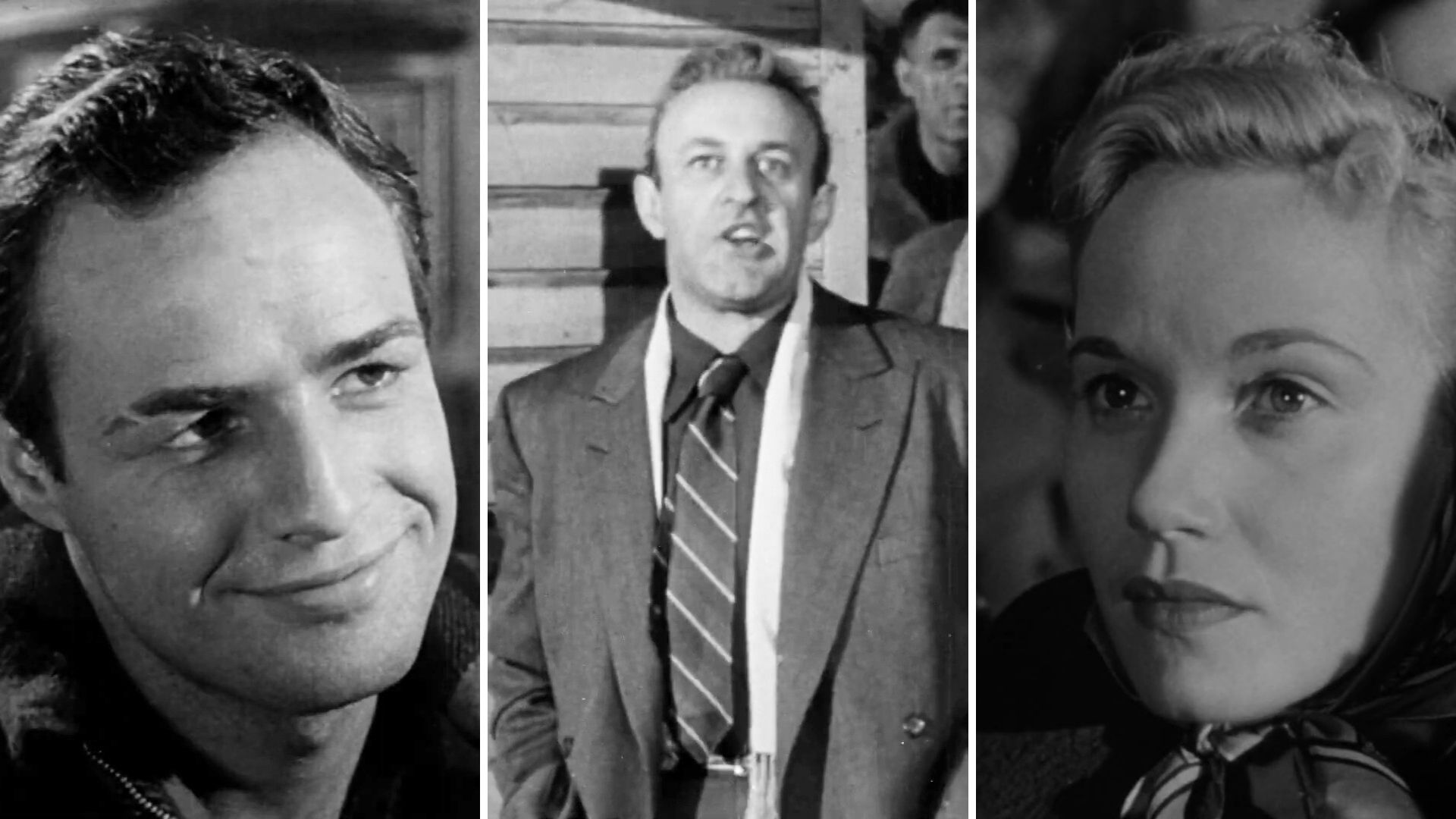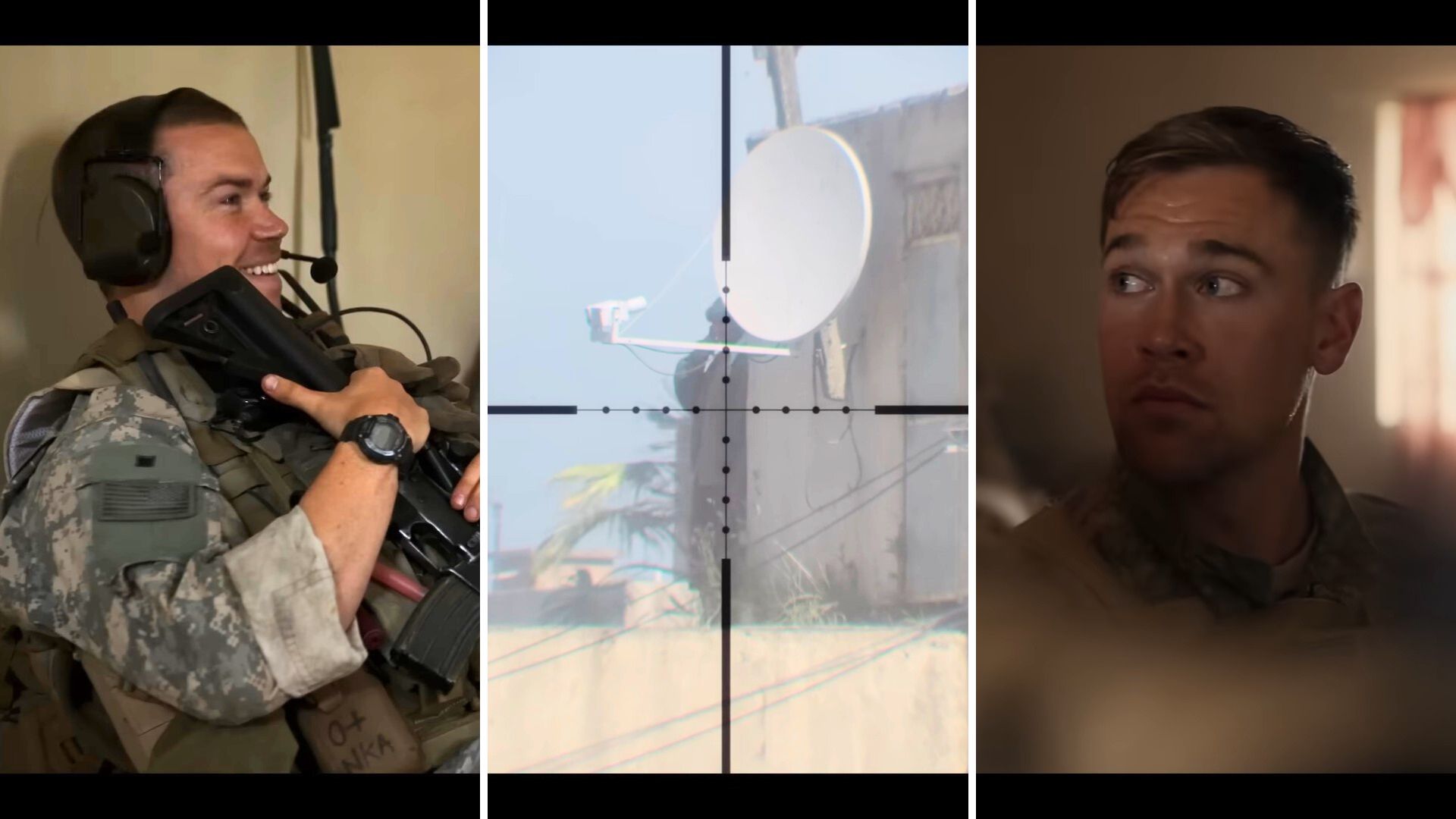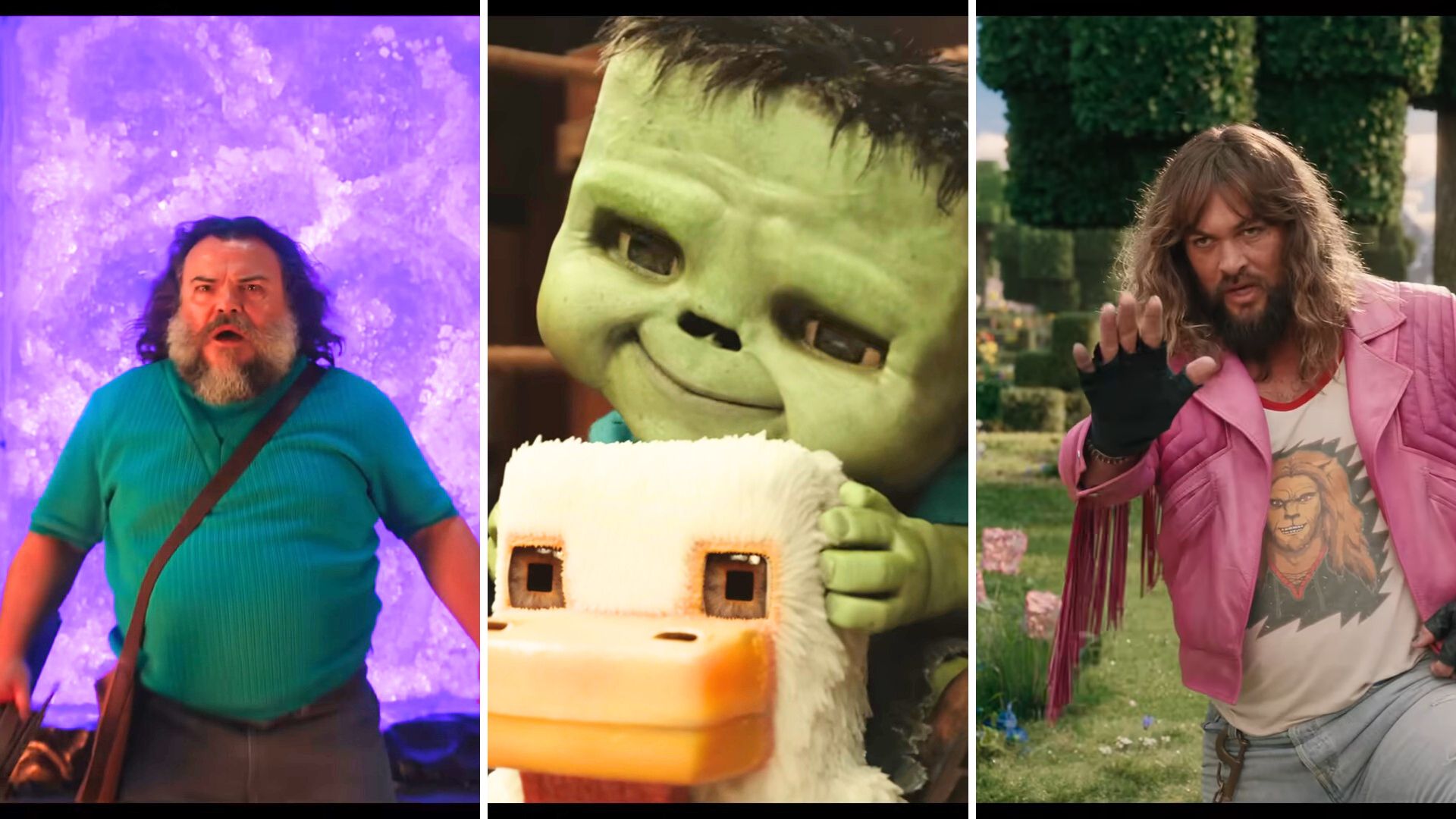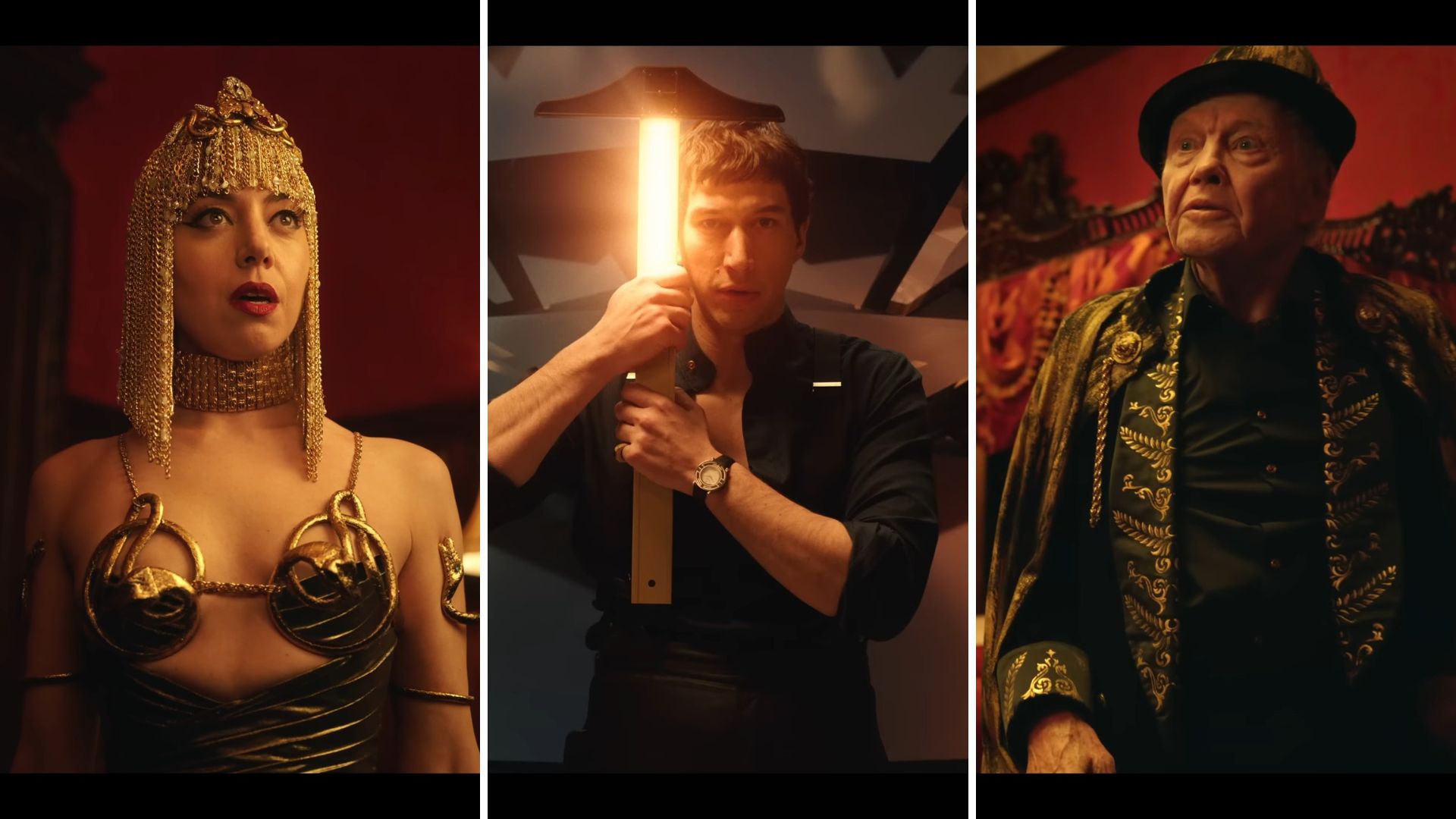
Few films have such a history and legend around them as Francis Ford Coppola’s fable Megalopolis. Coincidentally, few directors have as storied and polarizing history as Francis himself. Megalopolis is a giant sprawling epic with a lot of themes all crammed into what feels like the longest 138 minutes ever put on screen. Some will surely love this film, others will be baffled.
Despite all the polarizing reviews and bizarre screening gimmicks, most film lovers are happy that this film has been made. Coppola began writing this film in 1983, over forty years ago, and now through his own financing, it is finally a reality. Megalopolis has an absolutely stacked cast, some incredible visuals, and a storyline that’s easy to get but impossible to understand.
The Meaning of Megalopolis
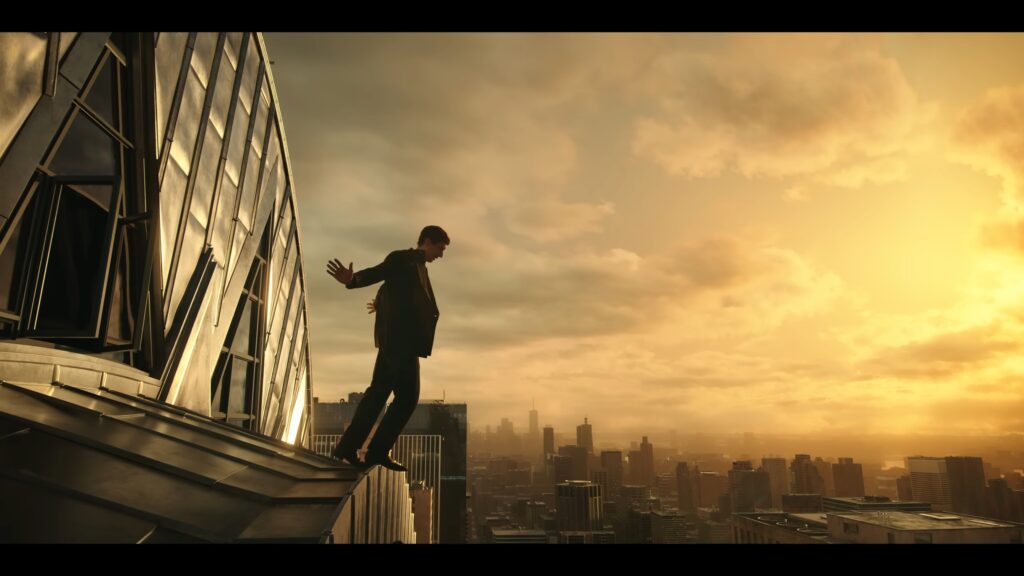
The film is more or less a modern-day retelling of the Calilinarian conspiracy. Adam Driver plays Cesar Catilina, an architect who has discovered a new substance named Megalon. He aims to use this space and time-bending material to forge a new utopian society named Megalopolis. His detractors, everyone from Jon Voight and Shia LaBeouf, to Aubrey Plaza and Giancarlo Esposito, engage with him in an epic power struggle over the future of their city.
With character names like Cesear, Cicero, and Wow Platinum, Coppola is going for anything but subtly. The film is intensely interested in telling a Roman tale in a modern-day setting, albeit one without cellphones. This is an odd conceit and I’m not sure if this is leftover from his original 80s draft or a conscious choice to create a different type of world but it is a glaring omission. One that makes the themes of the film feel both poignant and stuck in the past.
Wow Platinum Seeks Control
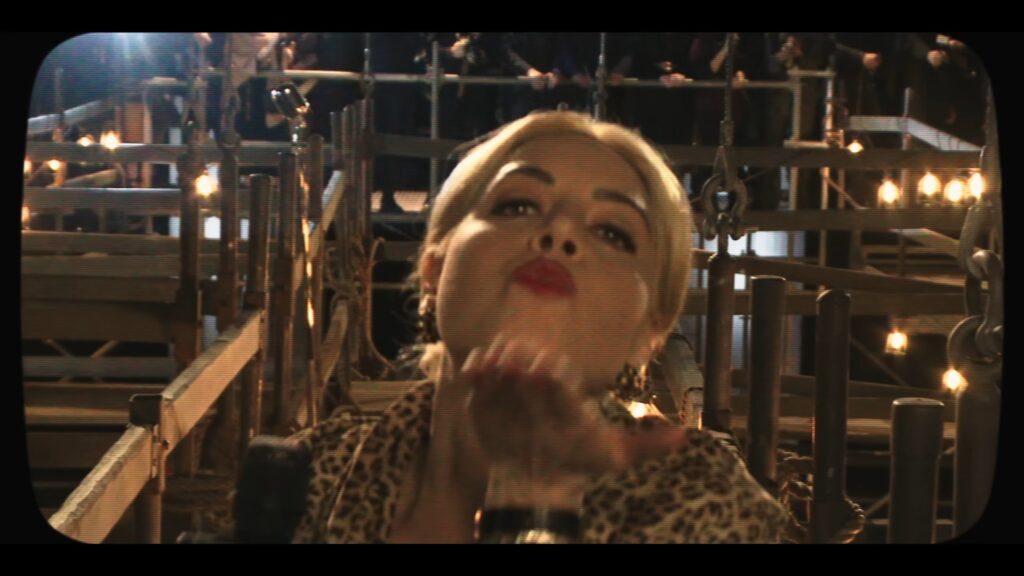
Megalopolis is not just concerned with its Roman parallels. It also wants to be a damning critique of media and tabloid fodder. Aubrey Plaza as Wow Platinum, a slimy TV correspondent who literally sleeps her way to the top, is the face of this conflict and Plaza does an incredible job in the role. She seduces practically everyone in the film in an attempt to gain power. It’s a compelling narrative brought to life by Plaza, but one that feels instantly aged in our world of TikTok and Twitter.
This is the main problem with Megalopolis as a whole. The film has incredible grand ideas that look epic in some scenes and surprisingly restricted in others. I know Francis financed this film himself and I’m sure the budget was an issue, but so many of the sets and scenes feel small against this giant narrative. A parade scene from the mayor only shows close-ups of one or two groups and an epic Colliseium scene bathes the giant audience in dark lighting. No doubt for fear of them looking like stadium attendees in a Madden video game. This isn’t the nail in the coffin for Megalopolis, but it does create an odd experience. One where we are watching a cautionary tale of tabloid magazines in 2024 against an epic narrative that only has the budget to show us grandeur sometimes.
A Lot to Say, Nothing to Hear
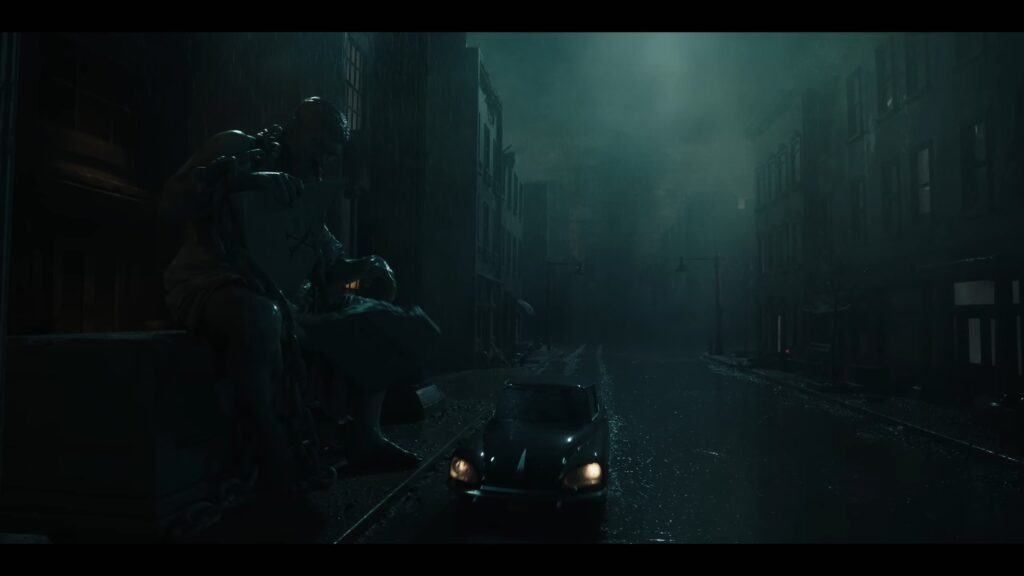
Megalopolis doesn’t stop at its takedown of tabloids or paralleling the fall of Rome. The film is also deeply interested in time, the future of our children, and the politics of powerful families. Coppola has famously created an entire empire out of his family. With famous filmmaker children, acting nephews, and allowing his wife to document his intense filming style. Some have cried that his family’s presence in Hollywood is nepotism at its worst but I’m inclined to give him the benefit of the doubt. Even if his latest film doesn’t.
For a man who seemingly loves working with his family, it’s odd to witness his creation of a backstabbing powerful family. Coppola throws everything at the wall from incestual cousins to lovestruck daughters abandoning their fathers. Many of Coppola’s films end up being stories about families, and Megalopolis is no different. It’s clear the filmmaker is concerned with two things. Running out of time, and creating a better future for his family. I’m not sure how well realized all these themes are inside this modern-day Roman setting, but it is pretty to look at.
Megalopolis on the Biggest Screen Possible
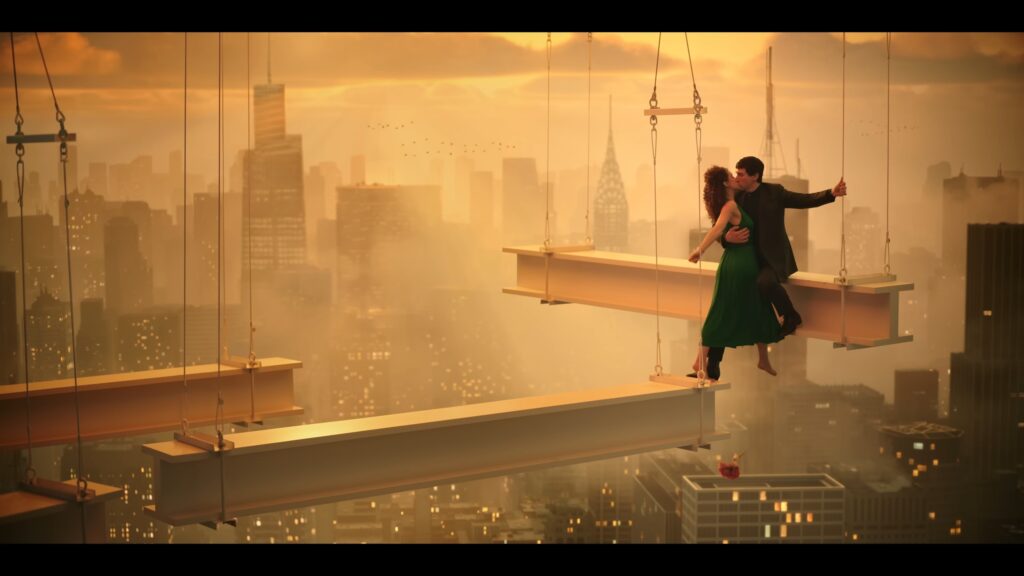
Francis Ford Coppola is a filmmaker and Megalopolis is a film. For better and for worse. This movie, while grand and epic and only slightly above two hours, feels undercooked with a plethora of material left on the cutting room floor. No studio is going to pick up a four-hour epic, but there has to be a better story in here that would benefit from viewing in smaller chunks. Sure, there would still be problems. The entire film is littered with overly purple prose that sounds pretentious at best and incoherent at worst. But there are so many plot threads that are impossible to follow.
Dustin Hoffman for instance just disappears from the film. He’s a small background character until he’s gone, and then an hour later we get a weird half flashback showing his demise. The movie might not have been better if we expanded his character, but it might have made more sense. And really, that’s all we want. Something that makes sense.
There Will Probably Never Be Another Megalopolis
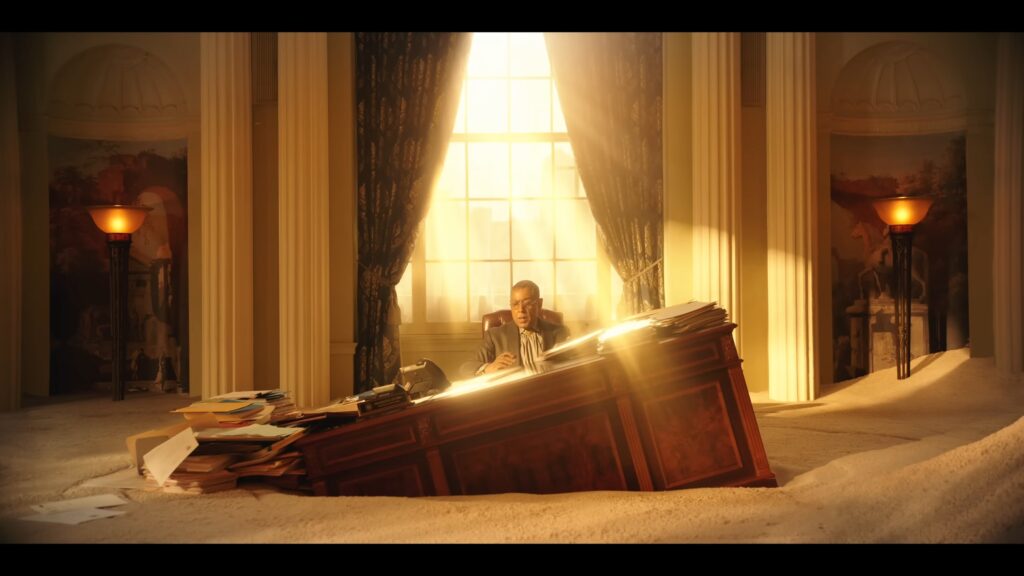
I’m not too proud to admit when I don’t understand a movie. Megalopolis is a dichotomy because I do get everything Francis Ford Coppola is trying to say, I just don’t understand it. Yes, I see the Nazi symbolism in Shia LaBeouf’s character. I can see the Trump parallels with him gathering his massive army of denizens. But I’m not sure I understand the point or how it fits into this film. I get that time is important and the only thing we all crave but the one thing we can’t make more of. But why is it so important to the youngest main character on screen? I get that tabloids are terrible, only after shock value, and only concerned with detailing the worst in people. But why is that a theme we are looking at in a post-Gawker world?
Megalopolis shows us a lot and explains little. If you’re wondering why the statues sometimes move, Francis never tells you. If you want to know why Cesear can sometimes stop time, that isn’t detailed either. And if you want to tie all the threads of the movie together, that could be there but I couldn’t find it. Megalopolis is stuffed to the brim with giant ideas and striking visuals. There is either something great here, or it’s just Francis Ford Coppola gaslighting us into believing Megalopolis is great. I’m more inclined to believe the latter.





